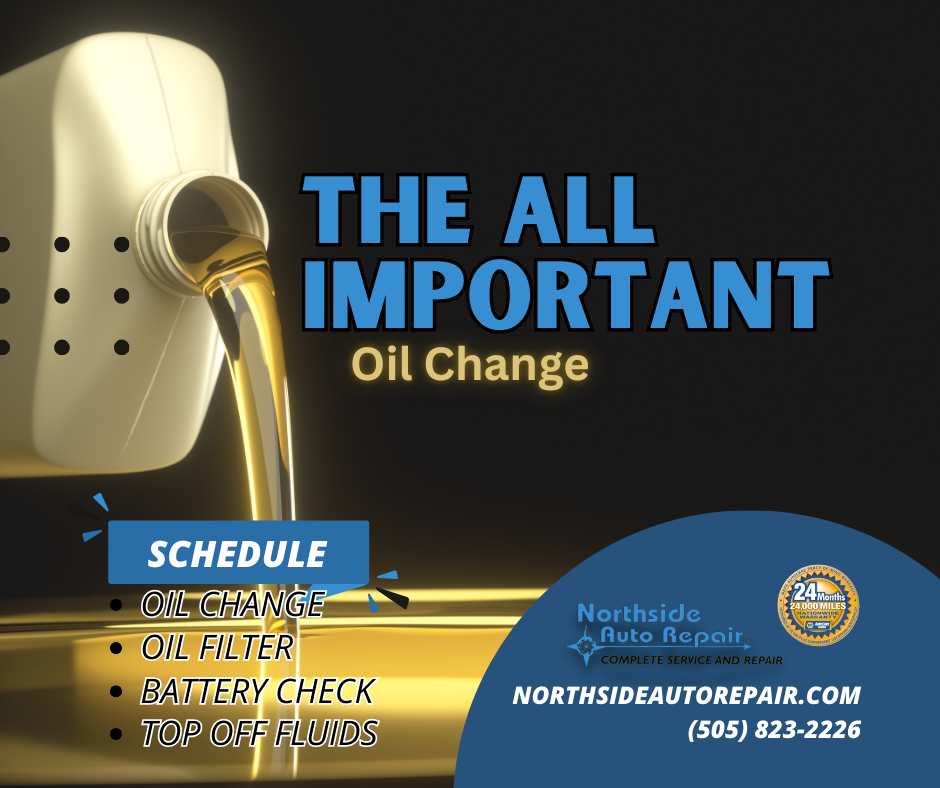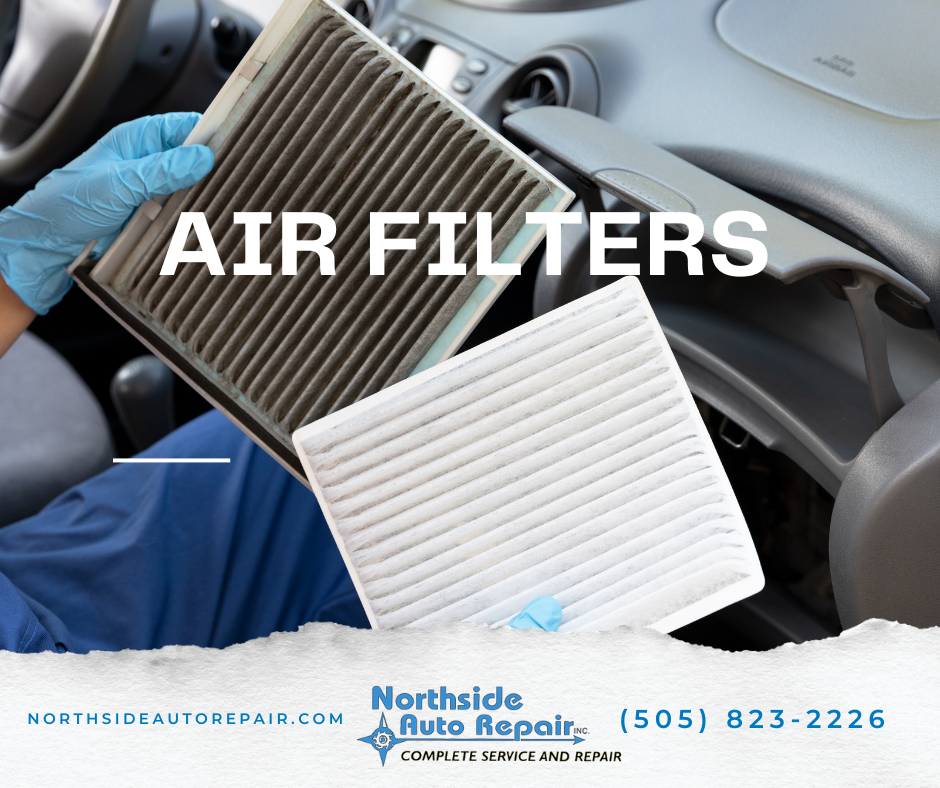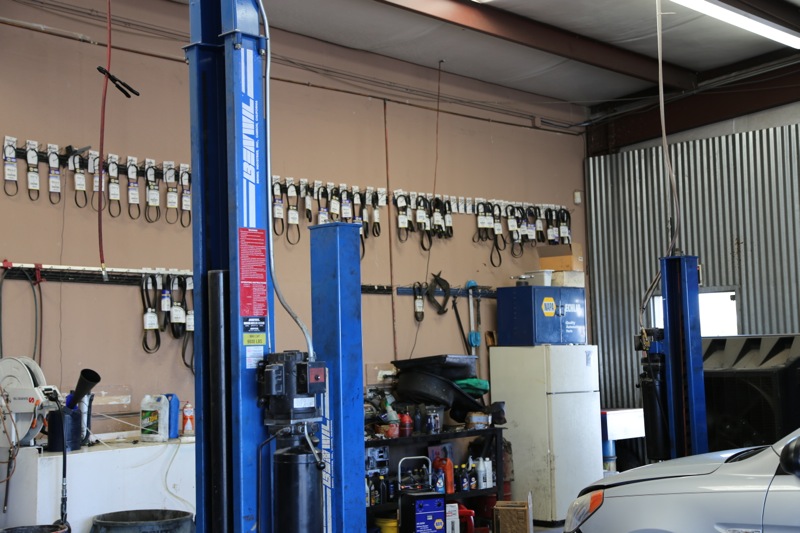Maintaining your vehicle is one of the most important things you can do to ensure it runs smoothly for years to come. Among routine maintenance tasks, regular oil changes are arguably the most critical. Engine oil is the lifeblood of your car, performing several vital roles to keep everything running smoothly. At Northside Auto Repair, we’re here to make sure your car gets the care it deserves, starting with professional, prompt, and reliable oil change services.
What Does Engine Oil Do For Your Car?
Engine oil works tirelessly behind the scenes to keep your vehicle operating efficiently. Here’s a closer look at the three core roles it plays:
- Lubrication: Your engine is composed of many moving parts, including pistons, crankshafts, and valves. These components must work together at very high speeds and under intense pressure. Engine oil reduces friction between these parts, preventing them from grinding against each other, which can cause damage and wear.
- Temperature Control: As your engine runs, it generates a significant amount of heat. Oil helps regulate this heat, transferring it away from the engine components and preventing overheating. A well-lubricated engine runs cooler, which protects the internal parts from excessive wear.
- Damage Prevention: Over time, dirt, debris, and microscopic metal particles from engine wear accumulate in your oil. Clean oil contains special additives that help suspend these contaminants, keeping them from causing damage or clogging important engine pathways.
What Happens When You Neglect Oil Changes?
Skipping regular oil changes might not seem like a big deal at first, but the consequences can add up quickly. Here are some of the issues that can arise when you neglect this essential maintenance:
- Poor Engine Performance: Old, dirty oil loses its ability to lubricate effectively. This increases friction, which places added strain on your engine and leads to sluggish performance.
- Higher Fuel Consumption: Without proper lubrication, your engine has to work harder to perform the same tasks, which means burning more fuel. Regular oil changes are one of the easiest ways to keep your vehicle running efficiently.
- Costly Repairs: Dirty or degraded oil can lead to severe engine damage, including issues like overheating, corrosion, or even complete engine failure. These types of repairs are far more expensive than the cost of sticking to a regular oil change schedule.
Why Choose Northside Auto Repair for Your Oil Change?
At Northside Auto Repair, we don’t just change your oil; we take the time to ensure everything is done right. Our team of ASE-certified technicians uses the latest diagnostic tools and top-quality products to offer quick and thorough oil change services that help extend the life of your engine.
When you work with us, you’ll get more than just fresh oil. We’ll perform a free courtesy vehicle inspection to assess your car’s overall health. Our experts are trained to spot potential issues early, so you can address them before they become costly problems.
Plus, we understand that taking care of your vehicle should be affordable. That’s why we’re excited to offer first-time customers a 10% discount (up to $500) on repairs.
Protect Your Vehicle Today
Whether you’re commuting to work, running errands, or planning a road trip, regular oil changes are essential for keeping your car safe and dependable. Don’t wait until an issue arises to take care of your vehicle. At Northside Auto Repair in Albuquerque, we’re committed to providing exceptional vehicle maintenance with a customer-first approach.
Schedule your oil change today! Give us a call at (505) 823-2226 or visit our shop at 7601-A San Pedro NE, Albuquerque, NM 87109. Don’t forget to ask about our first-time customer discount. Your car will thank you!




